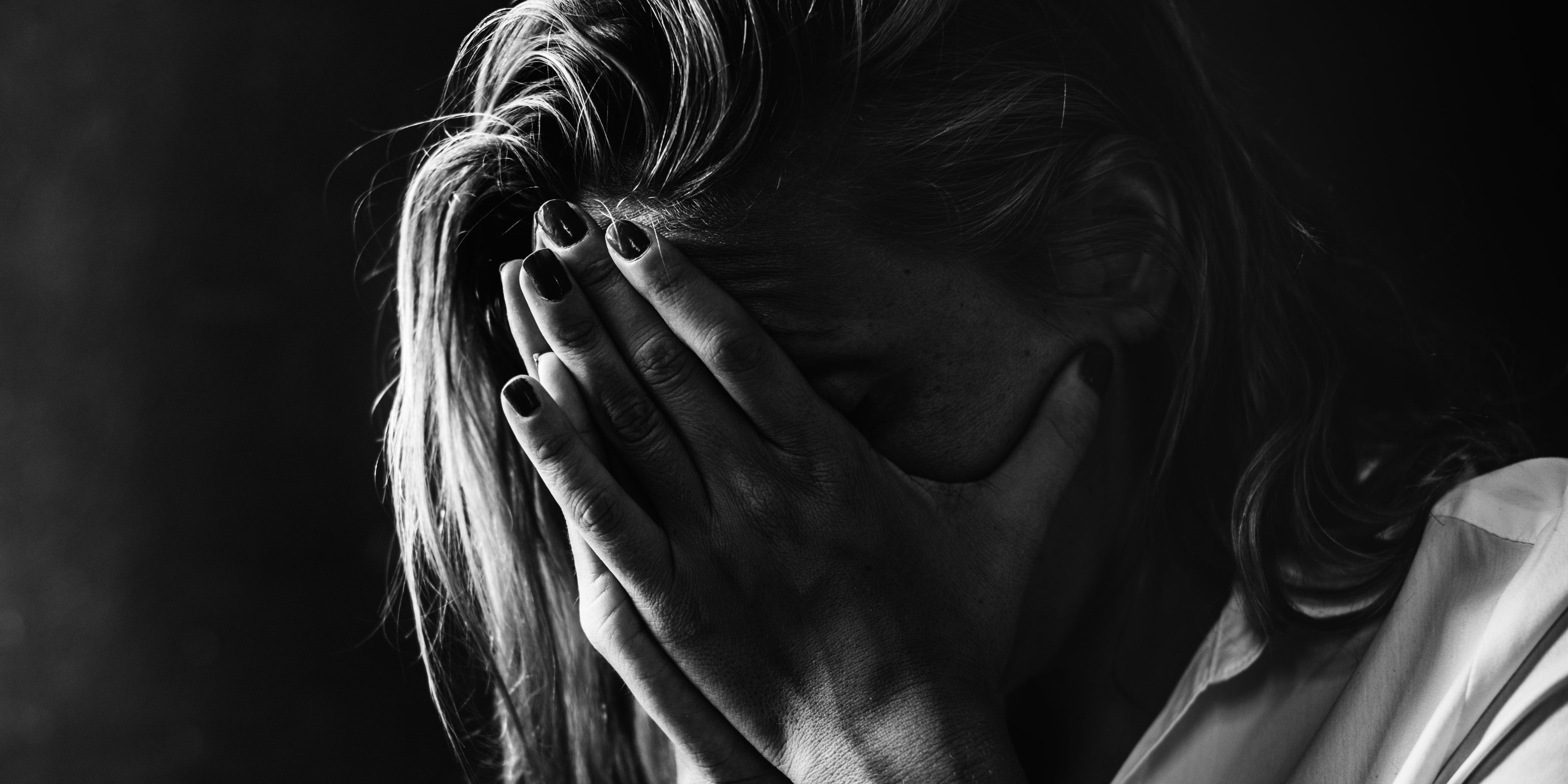What is PTSD and why does it affect sleep?
Posttraumatic stress disorder (PTSD) is a mental disorder that occurs after a traumatic experience . About 80% of people experience a traumatic event in their lives, about 7% develop PTSD afterwards . People with PTSD often suffer from flashbacks , increased vigilance and a constant feeling of restlessness . This has major consequences for their sleep. Studies show that 70-90% of people with PTSD have sleep problems . Common complaints are insomnia, nightmares and difficulty falling asleep or sleeping through the night.
Sleeping problems due to PTSD
Sleep disturbances in PTSD have far-reaching consequences. Lack of sleep leads to increased irritability, difficulty concentrating, and emotional instability . This makes it difficult to perform daily tasks , maintain relationships, or adhere to therapy . In addition, a lack of deep sleep can hinder recovery from PTSD. Deep sleep is crucial for emotional processing and physical recovery. The less deep sleep a person has, the more severe the PTSD symptoms often are.
Why is deep sleep so important?
During deep sleep, the body recovers and the brain processes emotions. This is essential for everyone, but especially for people with PTSD. A disrupted sleep cycle can lead to a vicious circle in which sleep deprivation worsens PTSD symptoms and the symptoms in turn disrupt sleep . This keeps you trapped in a pattern of physical and mental exhaustion .
Can better sleep reduce PTSD symptoms?
Studies show that improving your sleep quality is associated with a decrease in PTSD symptoms during the day . People who sleep better often experience less anxiety and depressive feelings. In addition, it appears that sleep problems can be a predictor of the effectiveness of PTSD treatments . That is why it is essential to take sleep complaints seriously and address them in a targeted manner.
How to sleep better with PTSD?
Many people with PTSD are prescribed sleep medications , such as benzodiazepines. While these drugs can provide temporary relief , they suppress REM sleep and can be addictive . A long-term and healthier solution is cognitive behavioral therapy for insomnia (CGTI) . This therapy focuses on breaking negative sleep habits and helping people develop healthy sleep patterns. Research shows that CGTI has long-term positive effects without the drawbacks of medication.
In addition, the well-known sleep advice can also provide some relief:
- Maintain a regular sleep pattern, even on weekends.
- Do relaxation exercises before going to sleep.
- Avoid caffeine and screens in the evening.
- Creating a safe and comfortable sleeping environment.
In addition to behavioral therapy or the basic tips , Deep Sleep Gummies can also be a good support . The gummies are a 100% natural and sugar-free alternative to sleeping pills. It is important to remember that Deep Sleep Gummies are a natural supplement and do not have the same effect as sleeping medication, but they can provide good support, without being addictive.
More attention to sleep problems in PTSD
Fortunately, there is a growing awareness that sleep problems in PTSD are not a side issue, but an important part of the condition. Online therapies and accessible treatment methods are increasingly being researched and offered . As a result, people with PTSD are better supported in improving their sleep, which can have a positive effect on their overall recovery.



